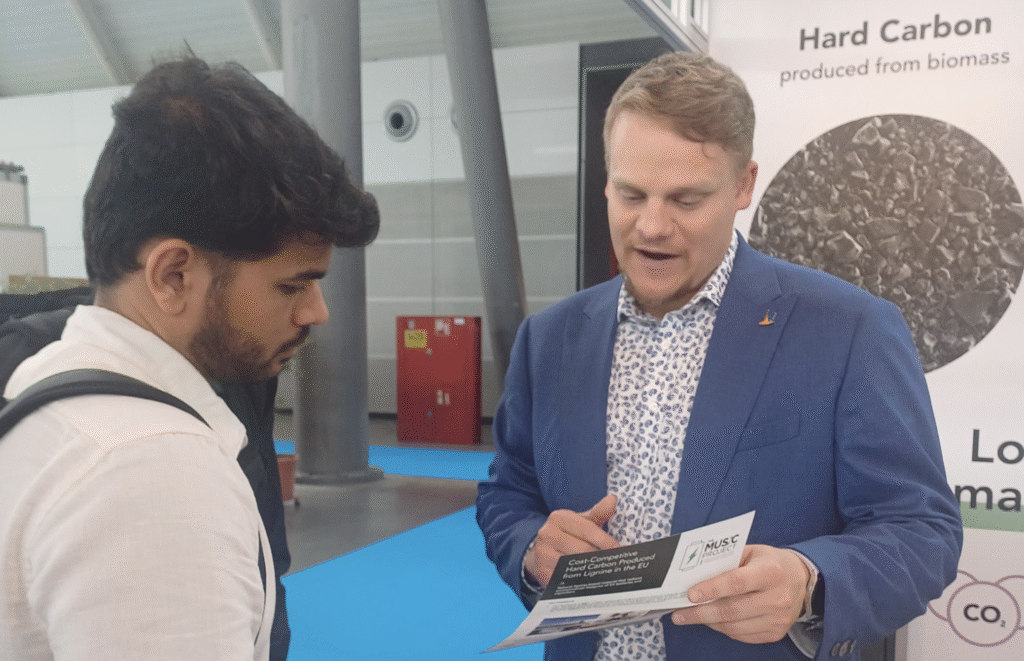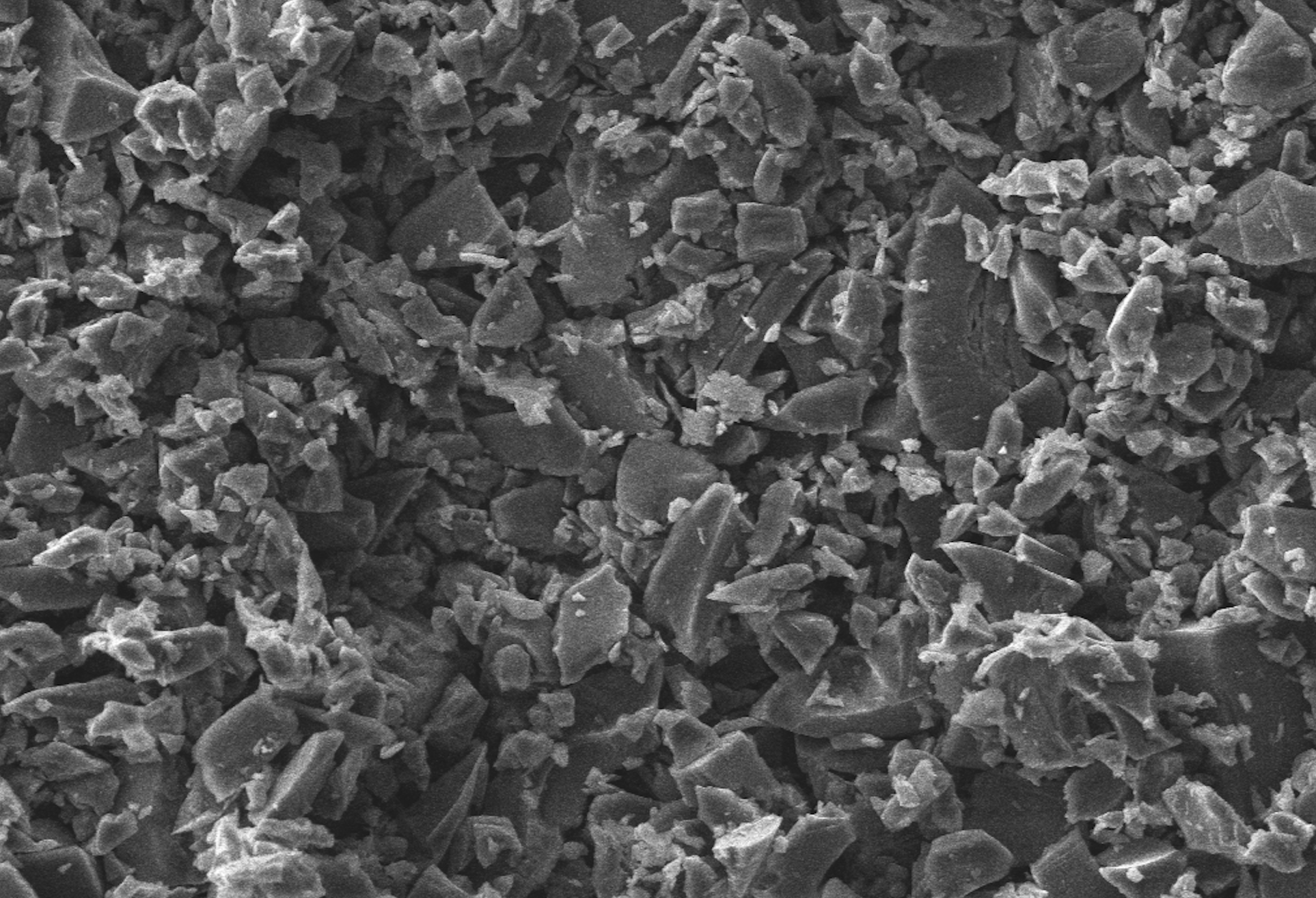
Home » Forestry and CO2 are Powering Electric Vehicle Revolution: Eco-Friendly Hard Carbon Anode Material


The Rise of Sodium-ion Batteries and Capacitors
Sodium-ion batteries and capacitors are rapidly gaining traction in the energy storage sector due to their cost-effectiveness and material abundance compared to traditional lithium-ion technologies. Sodium, being far more abundant and geographically widespread than lithium, offers a significant advantage in terms of raw material cost and supply chain resilience. As research and development continue to improve their performance and scalability, sodium-ion technologies are emerging as a strong contender in the transition to sustainable and affordable energy systems.
A key enabler of this technology is the use of hard carbon as the anode material, which is more suitable for sodium storage than graphite.
Challenges in Producing Local and Sustainable Anode Material
Worldwide hard carbon production is mostly based in Asia where coconut shells are used as precursor material for hard carbon. Demand for coconut-based products is rising, which can incentivise monoculture farming and deforestation, putting further strain on local ecosystems. This centralised and resource-intensive model challenges the development of local, circular, and sustainable anode material supply chains in Europe and other regions striving for autonomy in battery raw materials.
Eco-Friendly Hard Carbon Anode Material Developed by UP Catalyst
New, sustainable, and local production methods are emerging, including the use of biomass-based precursors. UP Catalyst produces Hard Carbon from lignin, a major component of lignocellulosic biomass alongside cellulose and hemicellulose. In our case, the lignin is a by-product derived from the hydrolytic treatment of wood — specifically from species such as alder and birch, which are abundantly available in the Baltic region. This lignin, sourced as a residue from biorefineries, is be supplied to UP Catalyst by our established European partners.
Carbon Nanotubes Produced From CO₂ Emissions For Anode Material
In addition to addressing the sustainability challenges of traditional hard carbon production, UP Catalyst offers a novel solution by producing advanced carbon nanotubes (CNTs) directly from CO₂ emissions. These CNTs are specifically engineered for sodium-ion battery applications, offering superior structural and electrochemical properties compared to conventional materials. By utilising industrial CO₂ as a feedstock, UP Catalyst not only reduces greenhouse gas emissions but also contributes to building a circular and locally sourced value chain for next-generation battery technologies.
Project Funding
Hard Carbon and Carbon Nanotubes for Sodium-ion Batteries and Capacitors were The Battery Show Europe 2025. The development of both hard carbon and carbon nanotubes for sodium-ion batteries has been supported by the MUSIC (“Materials for sUstainable Sodium-Ion Capacitors”) project. You can learn more about the project and consortium on the MUSIC website.
Be part of the green revolution using sustainable carbon
nanomaterials and graphite made from industrial CO₂ emissions.
Be part of the green revolution using sustainable carbon nanomaterials and graphite made from industrial CO₂ emissions.
Contact us at info@upcatalyst.com
© UP Catalyst 2025 Privacy Policy